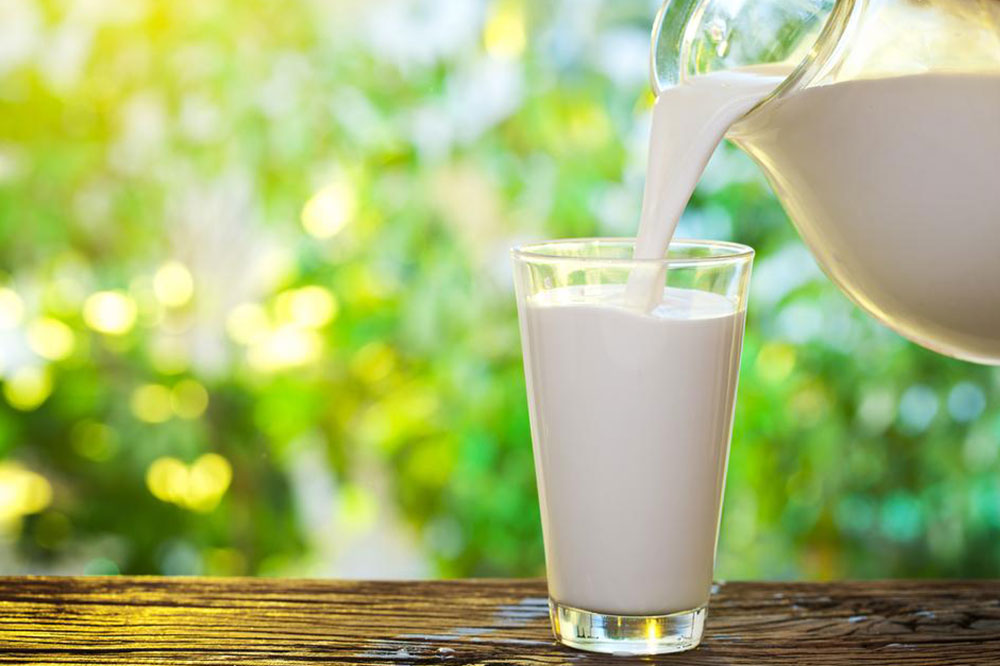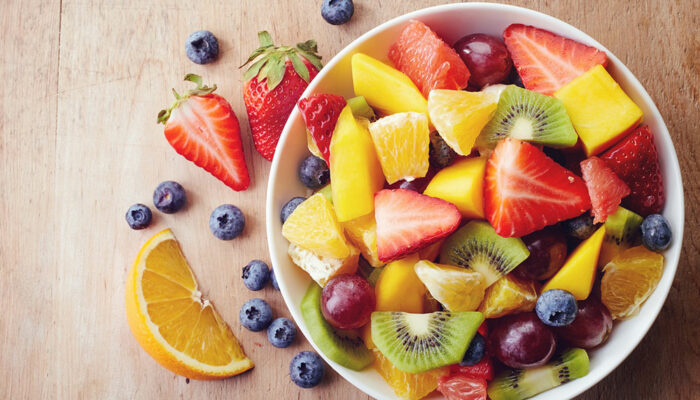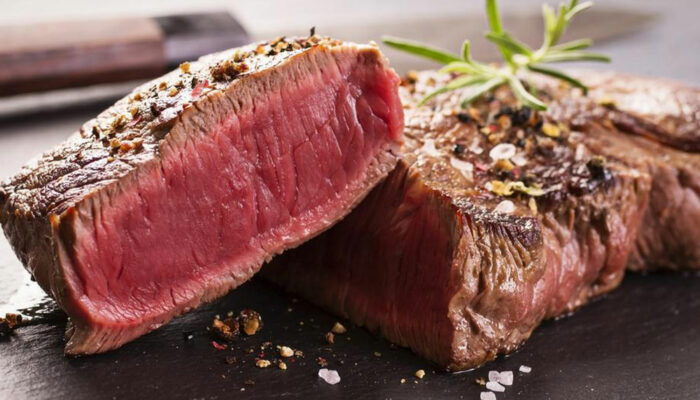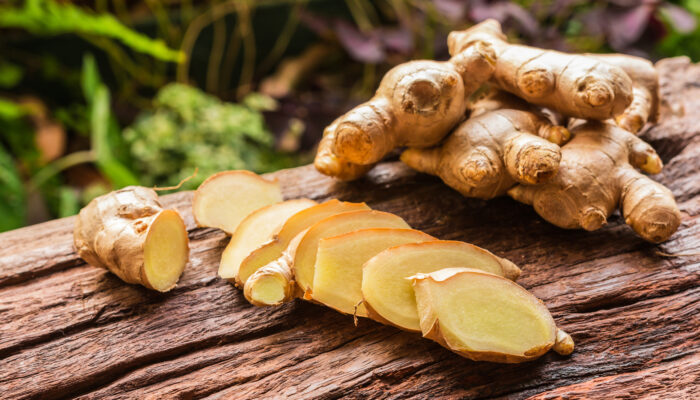
Diet Plans to Manage IBS
Irritable bowel syndrome (IBS) is a disorder characterized by pain in the stomach accompanied by diarrhea or constipation. It is a chronic condition, which means it progresses over time and has to be managed long term. The cause isn’t known or understood, but symptoms can be controlled through lifestyle changes and diets. If it’s too severe or these methods aren’t working as expected, one may need to use medication.
Here are certain foods and diet tips to help control IBS:
High fiber diet
- A high fiber diet is recommended for people with IBS who experience constipation.
- Fiber helps in bowel movement as it adds bulk to your stools. You should consume about 20-35 grams of fiber every day.
- If you feel bloated, try reducing the intake of fiber from wholegrain and concentrate more on soluble fiber like fruits and vegetables.
- Some foods that are rich in fiber include: Fruits, Vegetables & Wholegrains
Low fiber diet
- This diet is recommended for people who experience gas and diarrhea as some of the symptoms of IBS.
- Limit your intake of fiber and eat healthily to manage these symptoms.
- However, you should only avoid insoluble fibers like, Whole grains, Nuts, Tomatoes, Broccoli & Cabbage
- Keep the soluble fibers in your diet. Here are a few food items that have soluble fiber: Apples, Berries, Carrots & Oatmeal
- Taking anti-diarrheal medication before eating foods that contain fiber can help reduce the effects.
Gluten-free diet
- Gluten is found in many food items such as pasta, bread, and wheat.
- It can worsen the condition of the intestines of a patient who is intolerant to gluten.
- Sometimes this intolerance can lead to IBS. In these cases, following a gluten-free diet can be of great help.
- Eliminate products such as barley, rye, wheat, pasta, and bread. You can find gluten-free substitutes for these ingredients, which won’t cause trouble.
Elimination diet
- An elimination diet focuses on eliminating certain food products from your diet and observing your body’s reaction.
- The main ingredients that are to be eliminated are caffeine, chocolate, insoluble fiber, and nuts.
- An elimination diet can also help you figure out a list of good or bad products.
- This is the best approach as each patient’s reaction to different food products can be unique.
Low-fat diet
- Food items containing high amounts of fat can worsen IBS symptoms, especially since they are low in fiber.
- Avoid foods like fried snacks, animal fats, among others.
- Fat consumption might cause worse symptoms if the patient experiences mixed IBS (both constipation and diarrhea).
Low FODMAP diet
- FODMAPs (fermentable oligosaccharides, disaccharides, monosaccharides, and polyols) are carbohydrates that are hard to digest, causing intestinal problems.
- People with IBS may experience bloating, diarrhea, and gas to a higher degree if they consume these carbs.
- Not all carbs contain these elements. Food to avoid include the following: Lactose products, Certain fruits like peaches, watermelons, mangoes, and plums. Certain vegetables like artichoke, broccoli, Brussels sprouts, cauliflowers, and mushrooms. Also, Legumes, Sweeteners, Cashews & Pistachios.
To choose the best diet for yourself, speak with a dietitian or nutritionist to formulate the best diet plan based on your symptoms.



